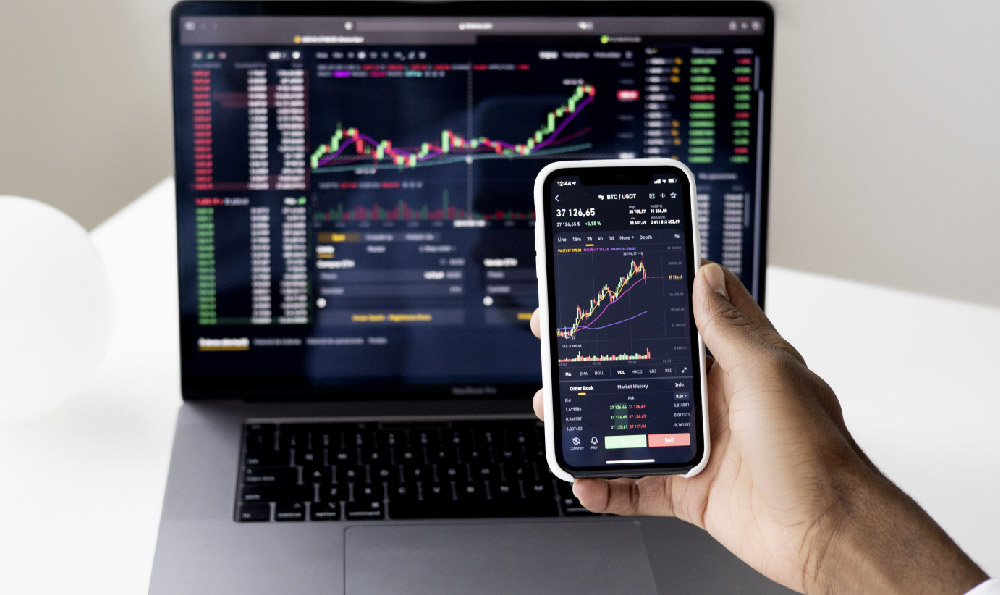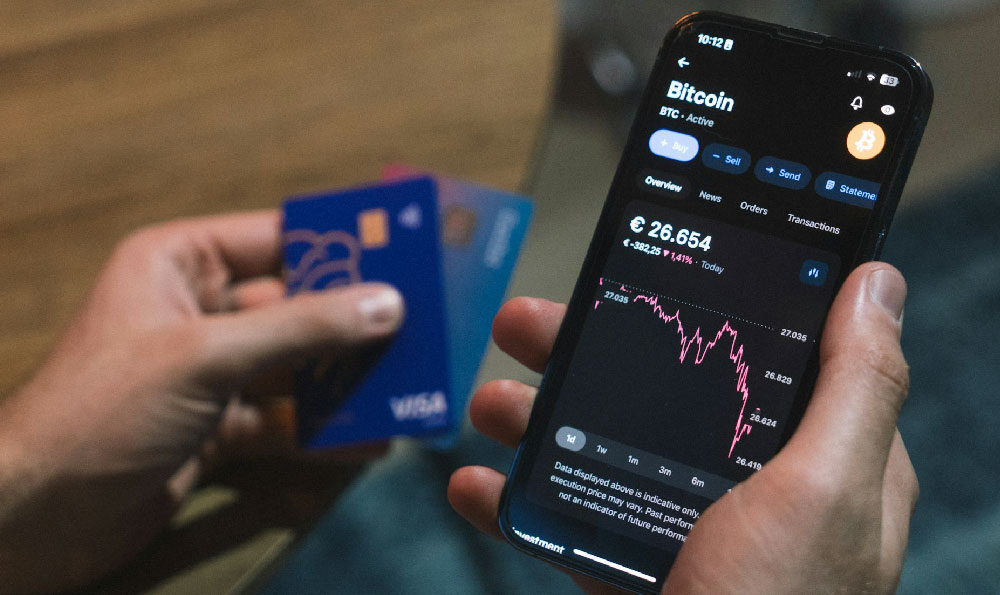
Dubai, a glittering metropolis synonymous with luxury, innovation, and ambitious projects, has carved a unique niche for itself in the global economy. Unlike many of its resource-rich neighbors in the Gulf region, Dubai's economic success is not solely, or even primarily, dependent on oil. While crude oil historically played a role, it now constitutes a relatively small percentage of Dubai's overall revenue. The emirate has strategically diversified its economy, building a robust foundation based on a tapestry of income sources that contribute to its prosperity. Understanding these revenue streams is key to appreciating Dubai's economic model and its sustained growth.
One of the cornerstones of Dubai's economic engine is its thriving tourism sector. The emirate has invested heavily in developing world-class infrastructure, including its award-winning airport, luxury hotels, iconic landmarks like the Burj Khalifa and the Dubai Mall, and a diverse range of entertainment options. This investment has transformed Dubai into a premier tourist destination, attracting millions of visitors annually. Revenue from tourism flows through various channels: hotel occupancy, entertainment venues, dining establishments, shopping, and related services. The government also benefits directly from tourism through taxes and fees levied on these activities. Furthermore, the strategic location of Dubai between East and West has made it a crucial hub for transit passengers, further bolstering its tourism-related revenue. The emphasis on creating unique experiences, such as desert safaris, cultural tours, and adventure activities, has helped Dubai differentiate itself from other tourist destinations and maintain its appeal.
Trade, both import and export, forms another crucial pillar of Dubai's revenue generation. The emirate has established itself as a major trading center, leveraging its strategic geographical location and well-developed infrastructure to facilitate the movement of goods between different regions. The Jebel Ali Free Zone, one of the largest free zones in the world, plays a significant role in attracting international businesses and promoting trade. It offers companies a range of incentives, including 100% foreign ownership, tax exemptions, and streamlined customs procedures. Revenue from trade comes in the form of customs duties, port fees, and charges for warehousing and logistical services. Dubai's ability to efficiently handle large volumes of goods and its reputation as a reliable trading partner have made it a preferred destination for businesses looking to access markets in the Middle East, Africa, and Asia. Re-exporting is also a significant component of the trade sector, with goods imported into Dubai often being re-exported to other countries in the region and beyond.

The real estate sector has been a significant driver of Dubai's economic growth for many years. The emirate's ambitious development projects, including residential complexes, commercial buildings, and infrastructure projects, have attracted substantial investment from both domestic and international sources. Revenue from real estate comes from the sale and lease of properties, as well as from property taxes and registration fees. While the real estate market has experienced periods of volatility, it remains a vital part of Dubai's economy. The government has implemented various measures to regulate the market and promote sustainable growth, ensuring that it remains an attractive investment destination. Moreover, the development of specialized real estate projects, such as healthcare cities and technology parks, has further diversified the sector and attracted specific types of investment.
Financial services contribute significantly to Dubai's economic output. The Dubai International Financial Centre (DIFC) is a leading financial hub in the Middle East, attracting banks, insurance companies, asset management firms, and other financial institutions. The DIFC offers a sophisticated legal and regulatory framework that is aligned with international standards, making it an attractive location for businesses looking to operate in the region. Revenue from financial services comes from licensing fees, regulatory fees, and taxes levied on financial institutions. The growth of the Islamic finance industry in Dubai has also contributed to the sector's expansion. The DIFC provides a platform for the development of innovative Islamic financial products and services, attracting investment from both Muslim and non-Muslim countries.
Beyond these core sectors, Dubai is actively diversifying its economy into other areas, including manufacturing, technology, and renewable energy. The government has launched various initiatives to promote innovation and entrepreneurship, attracting startups and established companies to invest in these emerging sectors. Revenue from manufacturing comes from the production and export of goods, while revenue from technology comes from the development and sale of software, hardware, and IT services. The investment in renewable energy projects, such as solar power plants, is not only helping Dubai reduce its reliance on fossil fuels but also generating revenue from the sale of electricity. These diversification efforts are crucial for ensuring the long-term sustainability of Dubai's economy and its ability to adapt to changing global conditions.
In conclusion, Dubai's revenue generation is a multifaceted endeavor, strategically built on a foundation of tourism, trade, real estate, financial services, and increasingly diversified sectors. The emirate's success lies in its ability to attract investment, promote innovation, and create a business-friendly environment that fosters economic growth. While the reliance on oil has diminished significantly, Dubai's leaders understand the importance of continuous diversification and adaptation to ensure the continued prosperity of the emirate in the decades to come. The focus on developing world-class infrastructure, attracting skilled labor, and fostering a culture of innovation will be crucial for maintaining Dubai's competitive edge in the global economy. The emirate’s strategic location continues to be a key advantage, facilitating its role as a bridge between different regions and cultures.





